The Contemporary Music Centre Welcomes 8 Newly Represented Associate Artists
Following the latest application process, with review by an independent panel, CMC Ireland is delighted to announce the associate representation of artists Katrina Emtage, Gerard Gormley, Anita Mawhinney, Peter O'Doherty, Aran O'Grady, Cárthach Ó Nuanáin, Rory Murphy and Dorone Paris.
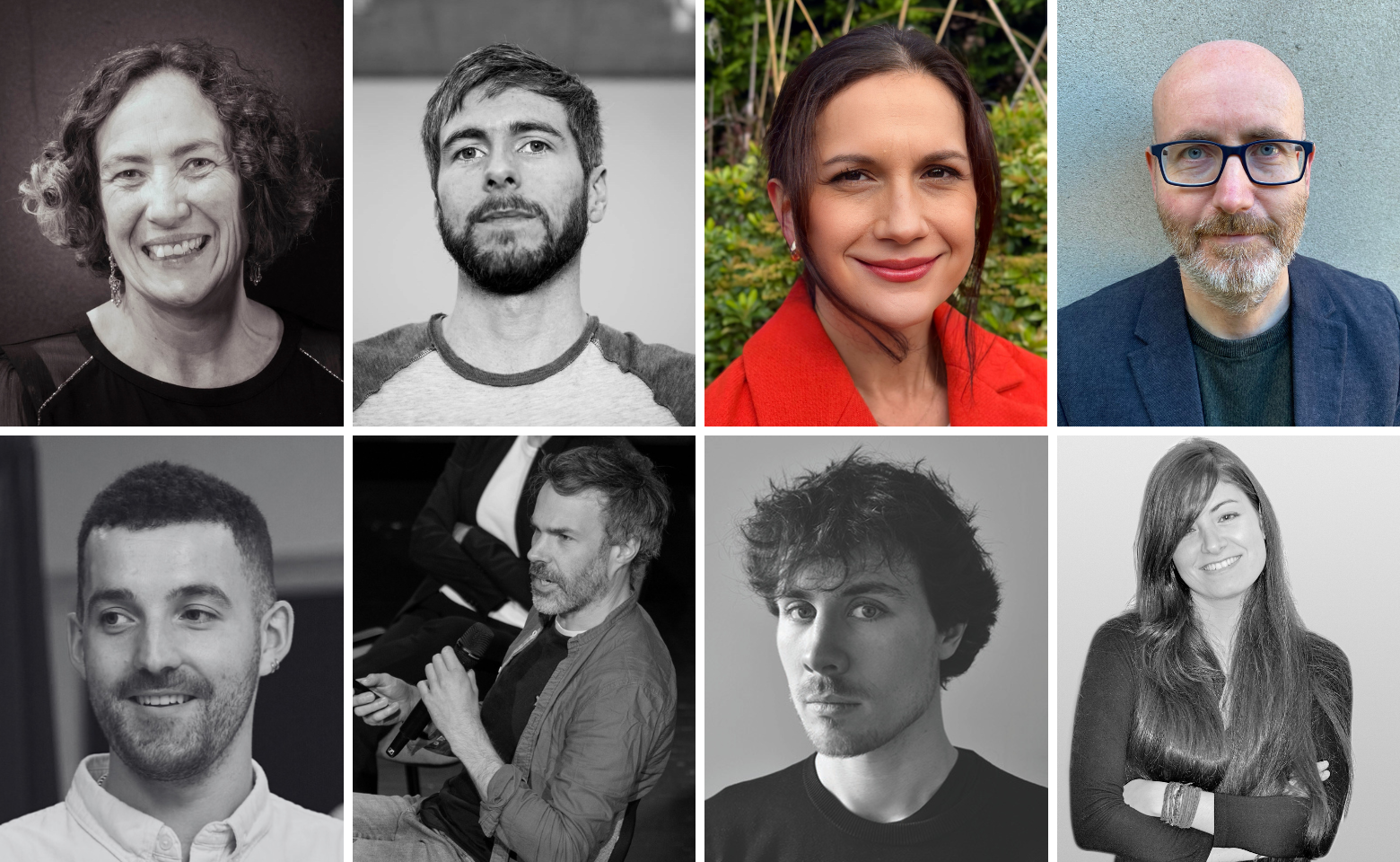
As CMC-represented artists, their works will be documented in CMC’s Music and Sound Library, facilitating public access and engagement with their creative output, and enabling further research and performance of their music. CMC also offers a number of resource and support services to Associate Artists including, but not limited to, advocacy, artist development opportunities, administrative support, promotion, score provision and networking.
Meet the Artists
Katrina Emtage
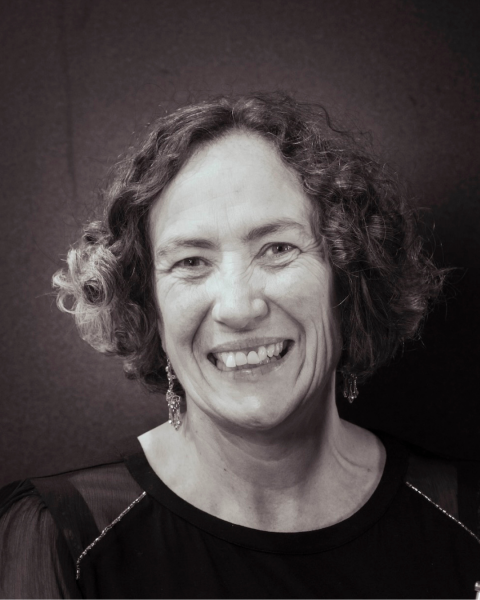
Award winning composer and flute player, Katrina Emtage is a native of Sydney, Australia. Katrina has lived in Cork since 2001 and lectures in flute at the MTU Cork School of Music and the Cork ETB School of Music. She attended the Sydney Conservatorium High School and graduated with an advanced performance diploma (DSCM). The Queen Elizabeth Silver Jubilee scholarship enabled her to further her study at the University of Music in Vienna. There she studied under principal flute of the Vienna Philharmonic, Wolfgang Schulz, and completed her MA in 1995.
As a soloist she has toured with the Welsh Chamber Orchestra and Willoughby Symphony Orchestra Sydney. She has also played with contemporary music ensemble Klangforum Wien, Vienna Chamber Orchestra, the Vienna Mozart Orchestra, Strauss Festival Orchestra and was a founding member of the Vienna Pocket Opera.
In 2023 her quartet ‘Summer Breeze’ was the winner of the American Flute Association newly published music award for flute quartet. She was awarded an Arts Council of Ireland Agility Award in 2024 which supported her to attend the Grolloo flute sessions with performer/ composers Ian Clarke, Matthias Ziegler and Wissam Boustany, and enabled her further research into arranging and writing for flutes. Her compositions are published by Tetractys Publications in London.
Katrina is musical director of the CAFE Cork Flute Ensemble based in MTU and also plays bass and contrabass flutes with Hifilutin flute Quartet as well as Irish flute with her husband Dave Hennessy and Mairead Casey.
Summer Breeze
Performed by Hifilutin Flute Quartet.
Gerard Gormley
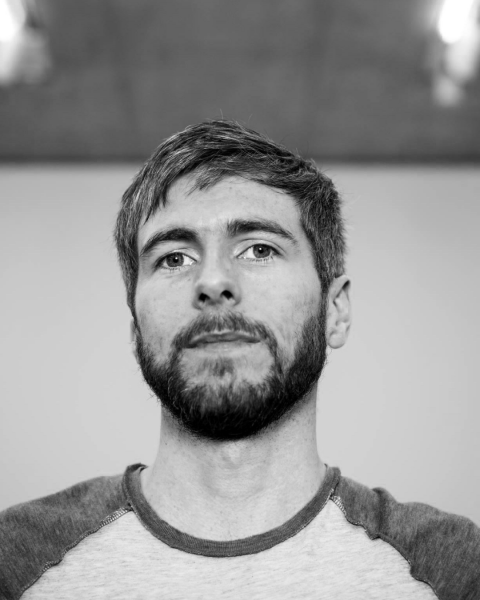
Gerard Gormley is an Irish composer and sound artist whose work explores the sonic potentials of spaces, buildings, and sites. His work evolves through various experimental processes that explore sound in relation to space, place, and architecture. This might be an iterative process of recording sounds and vibrations at a site and playing them back into that site, such that the site becomes a carrier of, and dwelling-place for, sound and music that was created from it; or transplanting sounds from one place to another, bringing various places and their sonic and material histories into dialogue through recording, sounding, and listening. Much of his work is granular and hyper-detailed, taking place at the level of microsonic and micro-textural investigation.
His work has been shown in The MAC Belfast, Modern Art Oxford, Cannes Festival, Storung Festival (Spain), The Cube at Virginia Tech, Sonorities Festival, and been broadcast nationally on cinema and television in Ireland and the UK.
Anita Mawhinney
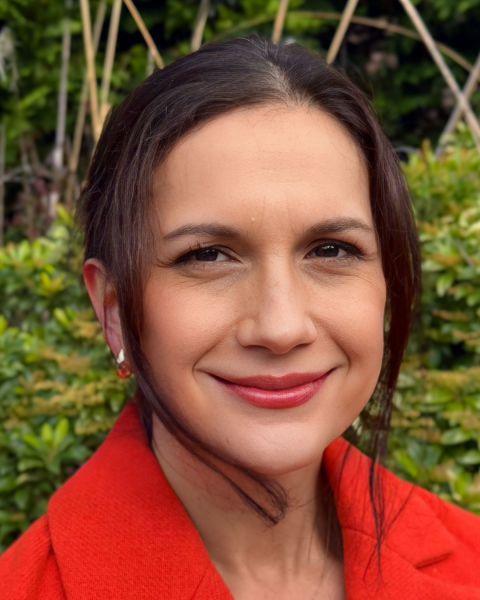
Anita Mawhinney is an award-winning composer based in County Down. She was educated at the universities of Oxford and York. She has been composing since childhood and has worked with many ensembles, choirs and soloists from Ireland, England and Poland and her compositions have been supported by ACNI and PRSF, amongst others. Anita is also a pianist and music educator.
In 2021, she won the Peter Rosser Foundation/Hard Rain SoloistEnsemble Composition Award with her ensemble piece, Dark Measures. This established a longstanding relationship with the ensemble, and she has now written five pieces for them. In 2023, she won the Charles Wood Composers’ Competition with her unaccompanied choral work, Hail Gladdening Light, chosen by judges Sir John Rutter, Bob Chilcott and David Hill.
In March 2025 she won a commission for the St Endellion Festival in Cornwall to write a work for solo SATB voices and violin, The Forsaken Merman. This was premiered by soloists at the festival, including award-winning violinist, Kerenza Peacock.
Anita’s compositions are often inspired by mythological characters, particularly from Ireland, as well as beautiful poems, landscapes and art. She has also recently completed several choral commissions, as well as a chamber opera. Her recent commission, Pierrette was performed in March 2025 by members of Hard Rain SoloistEnsemble and Hashtag Ensemble (Warsaw, Poland) and broadcast on BBC Radio 3.
Dr Esperanto's International Language
Performed by Lina Andonovska (alto flute) and Sarah Watts (bass clarinet).
Peter O'Doherty
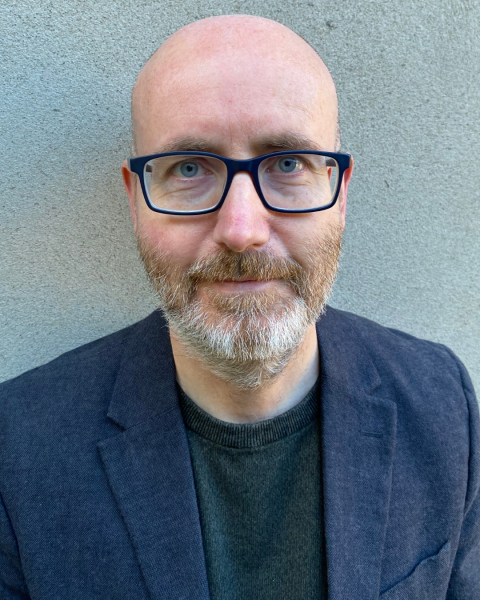
Peter O’Doherty is a composer, performer and curator of new music. His work investigates the shifting boundaries between human and technological expression, exploring memory, time and the intersections of space and gesture. He works across four principal areas: composing scores for human performers; creating performances that integrate objects and electronics; multichannel electroacoustic composition; and the co-production with computational processes of text-based works for both written and performed contexts. His music and sound works have been performed in Ireland, UK, Finland, The Netherlands and the former Yugoslavia.
He received a BMus (Hons.) from the University of Edinburgh and an MMus from Ulster University and is currently a PhD researcher in music at Ulster University. His research is focused on investigating the role of immersive audio techniques and technologies in shaping spatial and immersive music practices.
In 2023 he founded Electric Circus, an electroacoustic ensemble that focuses on the intersection of acoustic instruments and spatialised electronic sound. The ensemble commissions new pieces, runs residencies and collaborative projects, and presents concert series and tours throughout Ireland and beyond.
Gloss
Performed by Sarah Watts (bass clarinet) and Peter O'Doherty (electronics).
Aran O'Grady
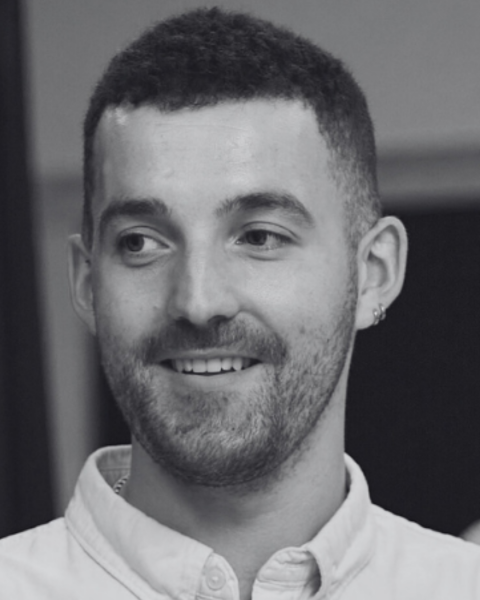
Aran O’Grady is an award-winning Irish composer and arranger based between Dublin and London. His music has been performed in France, Singapore, the Netherlands, Michigan (US), and across the UK and Ireland. His music has been described as ‘expressive, flexible and genuinely original’ (Opera Magazine) and ‘edgy and stylistically
confident’ (PlanetHugill). He completed a BA in Composition at the Royal Irish Academy of Music in 2016, and went on to receive an MA in Opera Making & Writing from the Guildhall School in 2020.
Aran has been commissioned by Sky Arts, New Music Dublin, the Singapore Biennale, and has had his work performed by Grange Park Opera, Kirkos, Ikigai Trio, Guildhall Opera School, University of Michigan Opera School, Carla Rees, Elizabeth Hilliard, Michelle O’ Rourke, Chatham Sax Quartet among others. He is resident composer and music supervisor for Glasshouse Ensemble, who have commissioned him to compose a number of works including a collaboration with electronic music artist R.Kitt, and works for theremin and ensemble which were premiered by Gregóire Blanc in March 2023.
Aran was the winner of the West Wicklow Festival Competition 2025 for soprano saxophone in association with the Contemporary Music Centre, and was selected for Making Music’s Adopt a Music Creator programme 2025, working with Southend Vox Chamber Choir in Essex. He is currently working on a full-length opera with tasteinyourmouth theatre company, with the support of Arts Council Ireland, Dún Laoghaire/Rathdown County Council and Wicklow Arts Office.
Melatonin in B flat
Performed by Ikigai Trio.
Cárthach Ó Nuanáin

Cárthach Ó Nuanáin is an intermedia, interdisciplinary artist and researcher whose practice is rooted in the sounding world. He lectures at MTU Cork School of Music and is the current course coordinator of the MA/MSc in Music & Technology.His diverse expertise and interests include computational musicology and music information retrieval; electroacoustic composition, performance and theory; new interfaces; sound art and interactive media. He received his Ph.D. in Computer Music in 2018 from the Music Technology Group at Universitat Pompeu Fabra, Barcelona where he worked and taught with the Musical and Advanced Interaction Team.
He has presented and performed prize-winning work at festivals and events across all hemispheres, including the Dublin Electronic Arts Festival (DEAF), Darklight Film Festival, New Interfaces for Musical Expression, Sound and Music Computing, Audio Mostly, Sónar International Festival of Advanced Music, Music Tech Fest, Phonos Foundation, Sonic Environments / Australasian Computer Music Conference, International Symposium for Computer Music Multidisciplinary Research, Radiophrenia, Radical Humanities and the International Computer Music Conference.
Recent highlights include This Ordered Life Pt.1 (2024), a cross-modal interactive piece for film and spatialised electronics, Wood, Metal & Tension (2023) for violin and ambisonics and Sem Cordas (2021), selected as one of the best electroacoustic works performed at the International Computer Music Conference in Santiago, Chile.
A Strange Way to Go
Presented by MTU Cork School of Music, Spatial Music / vol I.
Rory Murphy
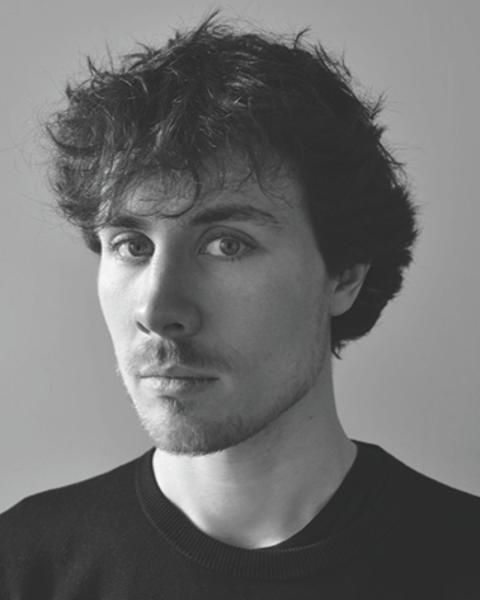
Rory Murphy is an Irish composer and music theorist. His work has a primary focus on notation, in particular on experimental and invented notation, dealing with the phenomenology of performance and interpretation and often operating through multi-sensory and three-dimensional approaches in order to create a more embodied interaction for the performer.
His most recent project is Cneas, a notation-installation for alto flute which was premiered by Sara Di Costanzo in Assisi in September 2025, and developed there while artist-in-residence at Arte Studio Ginestrelle. This piece marks the true beginning of a practice of "somatosensory notation", or notation which utilises the performer's sense of touch exclusively.
Other recent projects include aspects, a set of seven preludes for Andrew McPherson's magnetic resonator piano, and the creation of a new compositional tool for the generation and progression of hexadic harmonic structures (which can be heard in works such as The Children of Lir and frequency illusion).
He received his M.Mus. in Composition from Iceland University of the Arts (2023) and B.A. in Music from Trinity College Dublin (2018, first class honours), and completed an Erasmus Graduate Traineeship in Artistic Research at Orpheus Institute in Ghent, Belgium (2024). His music has been performed publicly in Belgium, Iceland, Ireland, Italy, and Northern Ireland.
Cneas
Somatosensory notation-installation for alto flute, performed by Sara Di Costanzo.

Dorone Paris
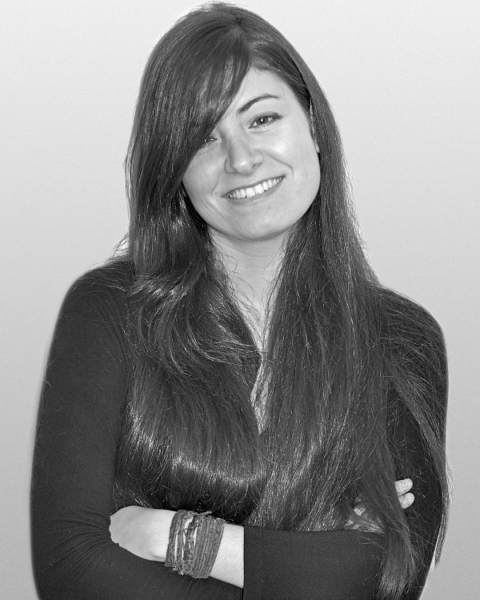
Dorone Paris is an Israeli-born contemporary composer living and working in Ireland. Her work exists at the intersection of performance, sound art, and installation, exploring how music can embody, question, and reimagine social and political realities.
Dorone studied Music and Philosophy at the University of Haifa, Israel, before continuing her musical journey in the UK, where she earned a Master’s Degree and a PhD in Composition at University College Cork. Her education in both music and philosophy informs her approach, allowing her to combine rigorous conceptual thought with a highly tactile, experiential exploration of sound.
Growing up in Israel profoundly shaped Dorone’s artistic voice. The political and cultural complexities of the region deeply influence her musical aesthetics, leading her to engage with themes of conflict, coexistence, identity, and collective memory. She is the founder of PATH art, an organisation dedicated to fostering dialogue and envisioning a peaceful coexistence between Jews and Arabs in Israel-Palestine through artistic and cultural exchange.
Dorone’s practice is characterised by its focus on the act of listening: how it can be stretched, sharpened, and politicised. She creates immersive soundscapes and performance environments that are at once fragile and forceful, encouraging audiences to confront sonic detail, silence, and tension. Her work is noted for its use of musical colour and intensity, resulting in compositions that are sonically rich, texturally layered, and emotionally provocative.
Her pieces have been performed across Ireland, the UK, continental Europe, North Africa, Israel, and Palestine, reflecting both the international scope of her work and her commitment to cross-cultural exchange.
Abyss: Chapter II
for saxophone quartet, performed by Noam Dorembus, Maayan James, Eli Korman, Kim Kedar.
